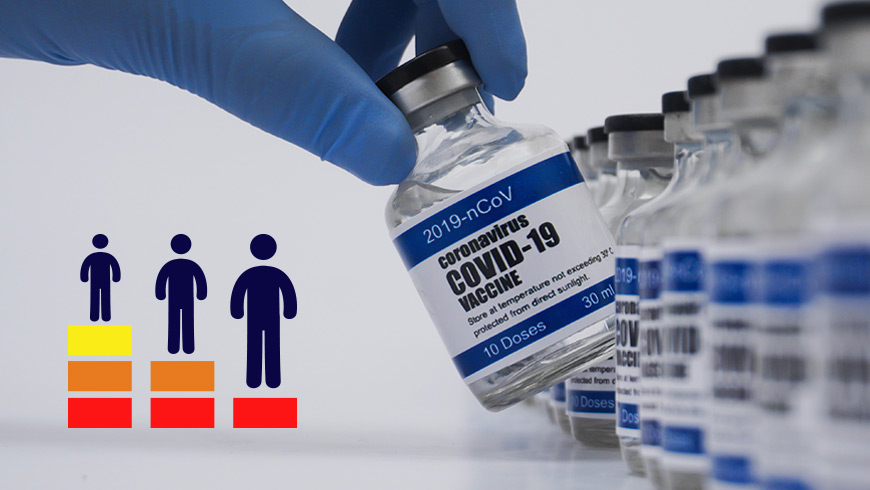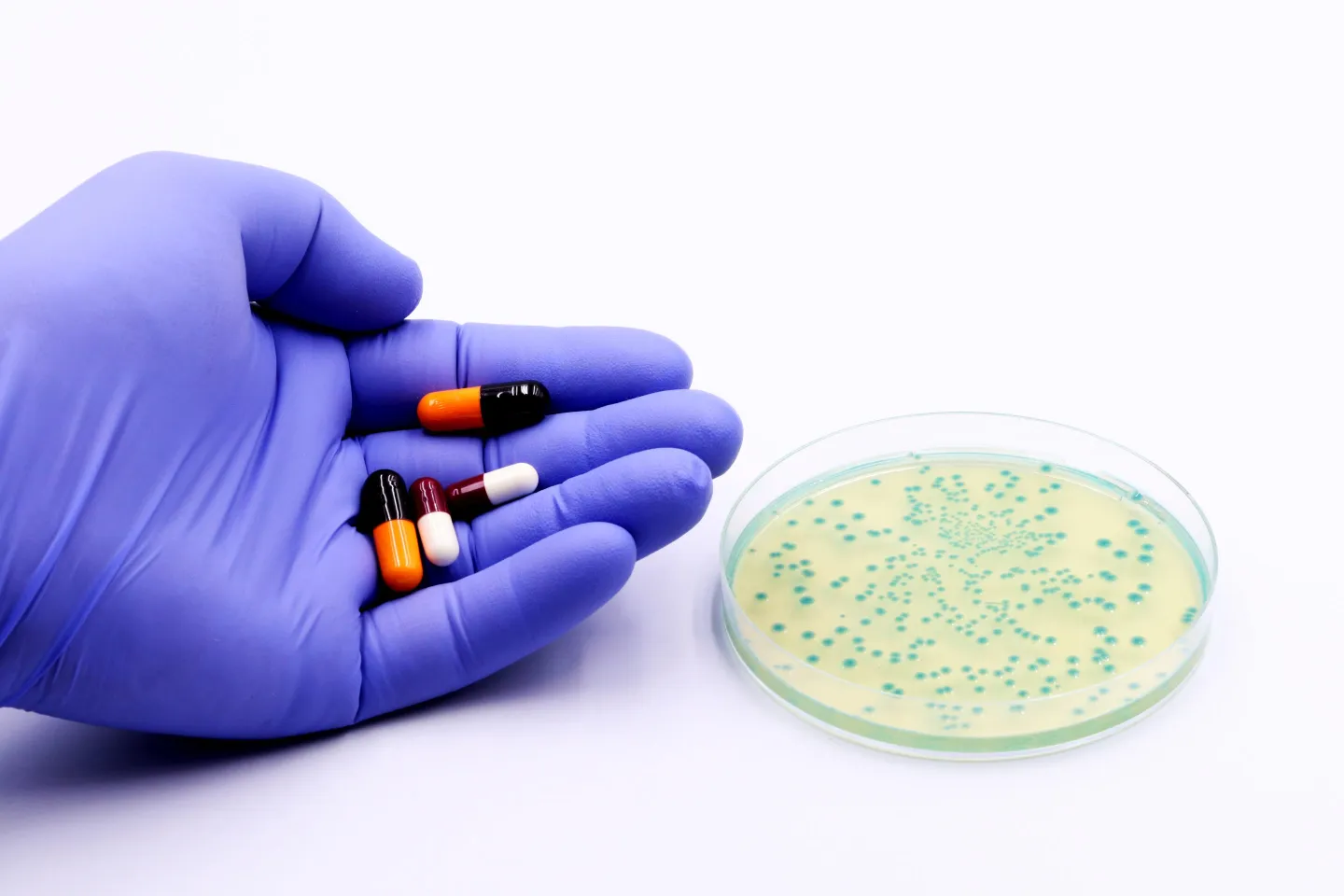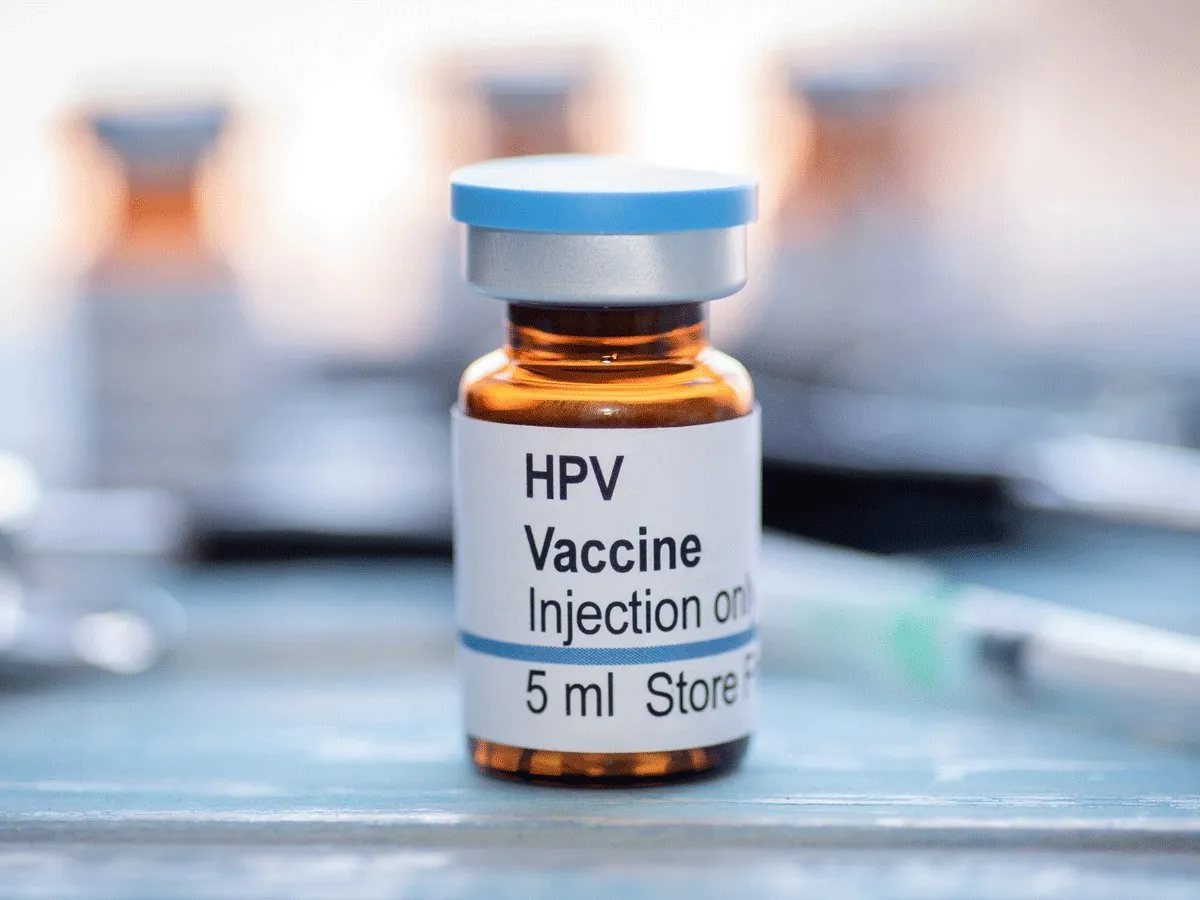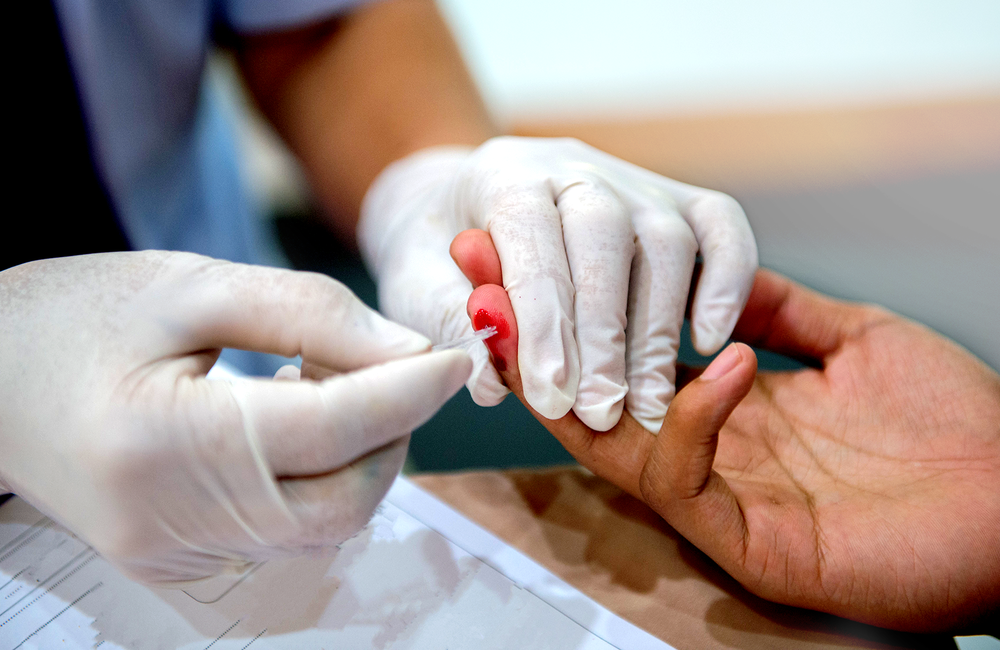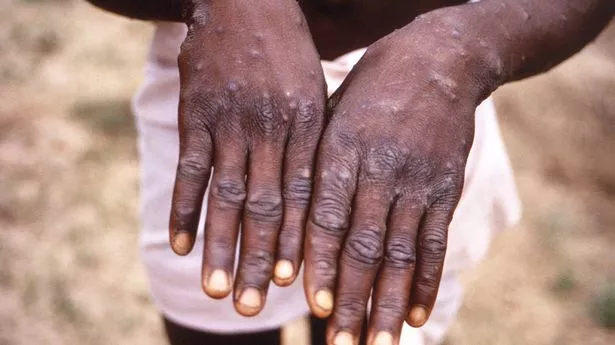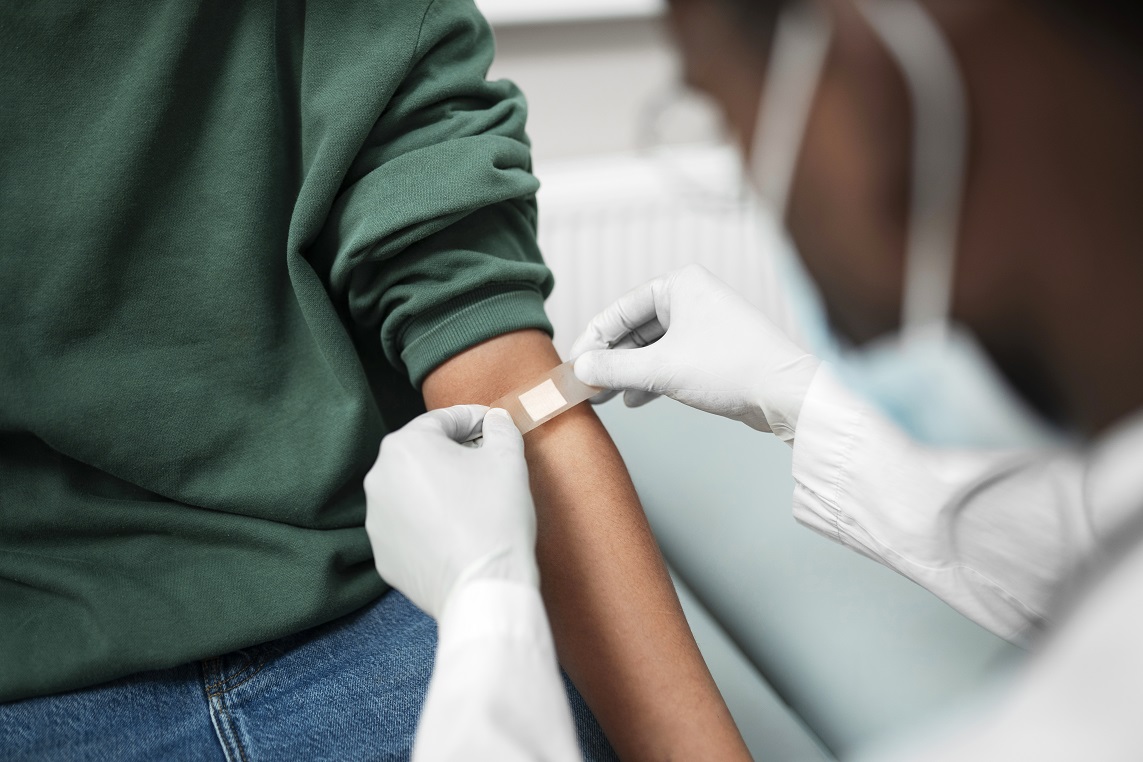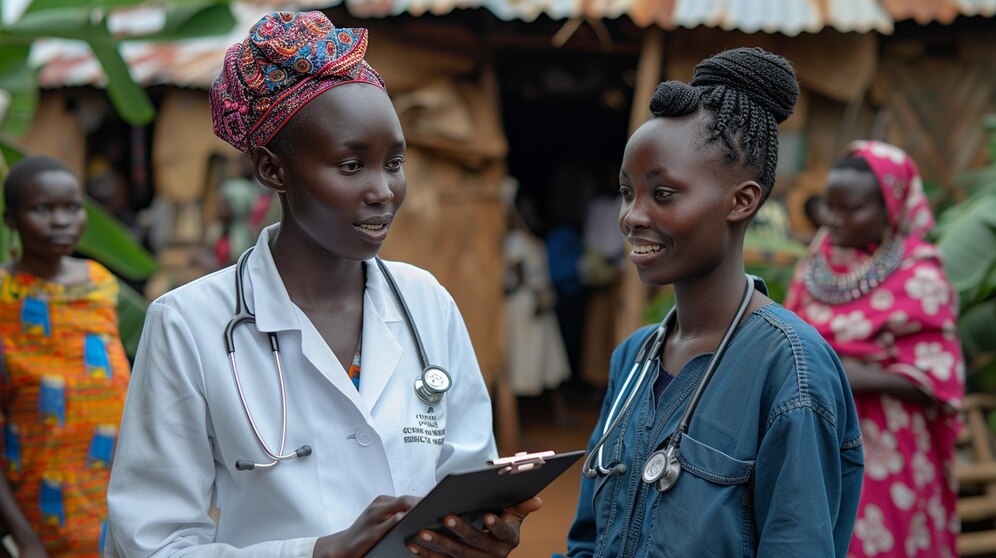The COVID-19 pandemic has highlighted significant disparities in vaccine access across the globe, with Africa facing some of the most severe challenges. As we look to the future, it’s crucial to learn from these experiences to better prepare for future public health emergencies.
1. Strengthening Local Manufacturing
One of the key lessons from the pandemic is the importance of local vaccine production. Africa’s reliance on external sources for vaccines led to delays and shortages. Investing in local manufacturing capabilities can ensure a more reliable and timely supply of vaccines.
2. Enhancing Distribution Networks
Efficient distribution networks are vital for equitable vaccine access. During the pandemic, logistical challenges hindered vaccine delivery to remote areas. Strengthening infrastructure and leveraging technology can improve distribution efficiency and reach.
3. Building Trust and Combating Misinformation
Public trust in vaccines is essential for successful immunization campaigns. The pandemic saw a surge in misinformation, which fueled vaccine hesitancy. Community engagement and transparent communication are critical to building trust and ensuring high vaccination rates.
4. International Collaboration and Support
Global cooperation played a significant role in addressing vaccine inequities during the pandemic. Continued international support and collaboration are necessary to ensure that all countries, regardless of economic status, have access to life-saving vaccines.
Importance of Equitable Vaccine Access Amid the Mpox Outbreak
The ongoing Mpox outbreak in Africa further underscores the importance of equitable vaccine access. With over 5,549 confirmed cases and 643 associated deaths since the start of 20241, the need for a robust and equitable vaccine distribution system is more urgent than ever.
What is Mpox?
Mpox, previously known as monkeypox, is a viral illness caused by the monkeypox virus, a species of the genus Orthopoxvirus1. The virus has two distinct clades: clade I and clade II. The disease can cause a painful rash, fever, headache, muscle aches, back pain, low energy, and swollen lymph nodes1. Most people recover fully, but some can become very sick.
Transmission and Symptoms
Mpox spreads through close contact with an infected person, contaminated materials, or infected animals. Common symptoms include a skin rash or mucosal lesions, fever, headache, muscle aches, back pain, low energy, and swollen lymph nodes1. The rash typically lasts 2-4 weeks.
Policy Makers’ Solutions
Policymakers and health organizations have proposed several solutions to address the Mpox outbreak:
- Surveillance and Laboratory Testing: Enhancing surveillance and laboratory testing capabilities to quickly identify and respond to new cases1.
- Community Engagement: Engaging communities to raise awareness about Mpox and promote preventive measures1.
- Vaccine Distribution: Ensuring the availability and equitable distribution of vaccines, with priority given to high-risk populations1.
- International Support: Leveraging international support and collaboration to mobilize resources and expertise1

